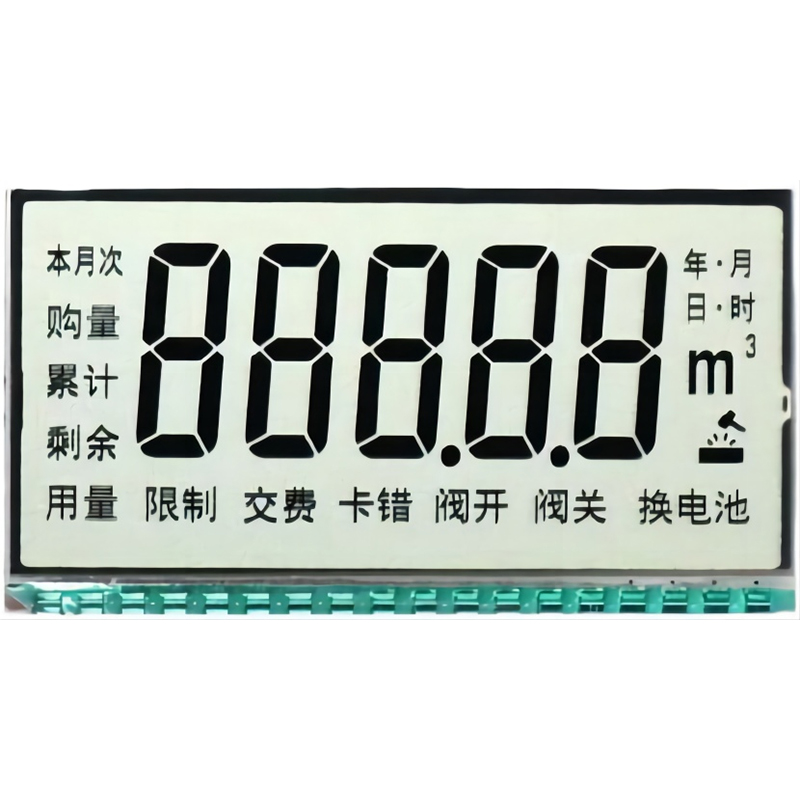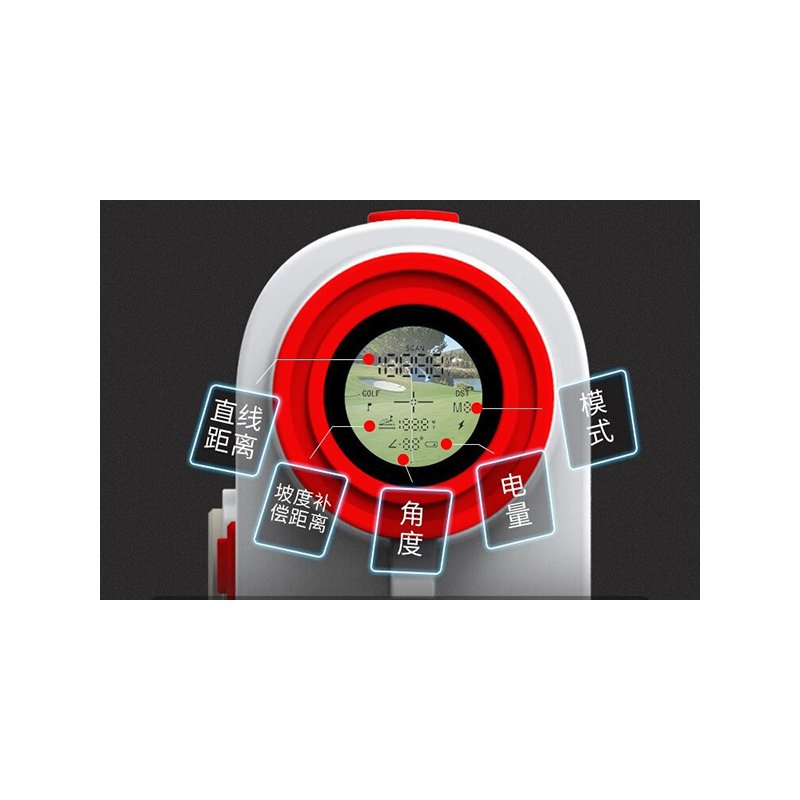
This guide provides an in-depth look at the various OctoPrint TFT displays available, helping you choose the perfect one for your 3D printing setup. We'll cover key features, compatibility, pros and cons, and installation tips to ensure a smooth and successful integration.
An OctoPrint TFT display is a crucial component for enhancing the user experience of your 3D printer. It allows you to monitor and control your prints directly from the printer itself, eliminating the need for a constant connection to a computer. This small screen provides real-time feedback on printing progress, temperature readings, and allows for easy control over various print parameters. The right display can significantly improve your workflow and reduce the need for constant computer interaction. Many OctoPrint TFT displays offer a variety of features, which we will explore in this guide.
The size and resolution of the screen directly impact the usability of the display. Larger screens provide more information at a glance, while higher resolutions offer sharper text and images. Consider your personal preference and the amount of information you want to see simultaneously.
Touchscreen capability simplifies navigation and control compared to button-based interfaces. This intuitive interaction improves the overall user experience and speed of adjustments.
Ensure the display is explicitly compatible with the OctoPrint software. Compatibility issues can lead to significant frustration. Check the manufacturer's specifications and user reviews to ensure seamless integration.
Different displays utilize various connection methods, such as SPI, I2C, or USB. Confirm the connectivity options of your chosen display match your OctoPrint setup and your 3D printer's capabilities. Proper connectivity is crucial for functionality.
Some advanced OctoPrint TFT displays offer extra features, like SD card support for storing print files, multiple language support, and customizable themes. These features add convenience and personalization to your workflow. Consider the features that would benefit your 3D printing processes.
The market offers a variety of OctoPrint TFT displays with varying features and price points. Researching different options is essential to finding the best fit for your needs. Below is a table comparing some popular choices (Note: Specifications are subject to change. Always verify with the manufacturer). This table is not exhaustive and serves as a starting point for your research. Remember to always check for the latest updates and reviews before purchasing.
| Display Model | Screen Size | Resolution | Touchscreen | Connectivity |
|---|---|---|---|---|
| Model A | 2.8 | 320x240 | Yes | SPI |
| Model B | 3.5 | 480x320 | Yes | I2C |
| Model C | 4.3 | 480x272 | Yes | SPI |
The installation process varies depending on the specific OctoPrint TFT display model. Always consult the manufacturer's instructions for detailed guidance. Generally, installation involves connecting the display to your OctoPrint system via the appropriate interface and configuring the OctoPrint software to recognize and utilize the display.
If you encounter issues, refer to the OctoPrint community forums and documentation for troubleshooting tips. Common problems include connection issues, software compatibility problems, and configuration errors. Detailed information on error messages can help pinpoint the root cause and lead to a faster resolution.
For high-quality LCD displays and other components for your OctoPrint project, consider exploring the options available at Dalian Eastern Display Co., Ltd. They offer a wide selection of displays to meet various needs.
Remember to always consult the manufacturer's documentation and online resources for the most accurate and up-to-date information.












